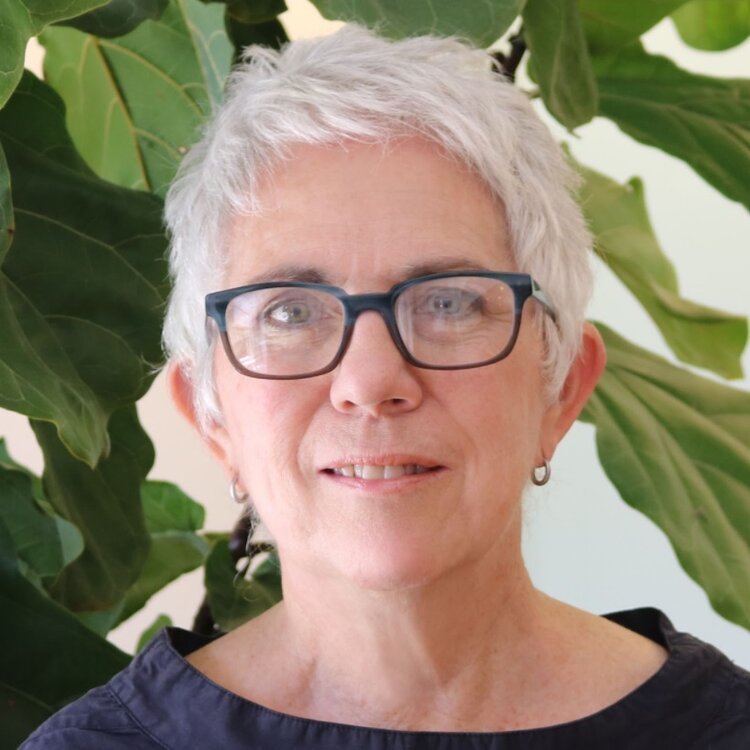WHEN: Wednesday, November 30, 12:00 - 1:30pm ET
WHO: Health care practitioners and administrators (including executives, those working in food service, innovation or sustainability); students; dietitians; government officials; community leaders; Anchor Cohort teams, and other interested members of the public
DESCRIPTION: Addressing the world’s many complex issues can at times seem insurmountable. Problems such as climate change, food insecurity and health inequity are systemic problems that cannot be solved with single solutions. Traditional, single-solution-to-single-problem approaches often address symptoms of the challenge instead of their root causes, and therefore fail to resolve truly complex problems. They also fail to leverage the knowledge already within a system by engaging the stakeholder groups who are most connected to and affected by these problems.
How can we support food and health systems to break free from unhelpful patterns and find new ones that can be sustained long-term? Nourish is pleased to partner with Professor Terry Irwin and Dr. Gideon Kossoff from the Transition Design Institute at Carnegie Mellon University in Pittsburgh, who will take us to the cutting edge of systems change theory and practice, sharing their insights on what it takes to actually shift systems toward better outcomes. Applying a Transition Design approach, together we’ll explore what it takes to get to better food in health care. For good.
More About Transition Design
Professor Terry Irwin, Director, Transition Design Institute, Carnegie Mellon University
Dr. Gideon Kossoff, Associate Director, Transition Design Institute, Carnegie Mellon University
Complex, systems problems such as poverty or food insecurity require systems approaches, and Transition Design provides tools for us to understand interrelated and interdependent problems and the context, place, and cultures around them. The Transition Design framework begins with mapping a problem space and the stakeholder dynamics and historical context from which the problem(s) emerged, then moves toward solution-finding that takes into account complex systems dynamics.
Learn more about the Transition Design framework here.



